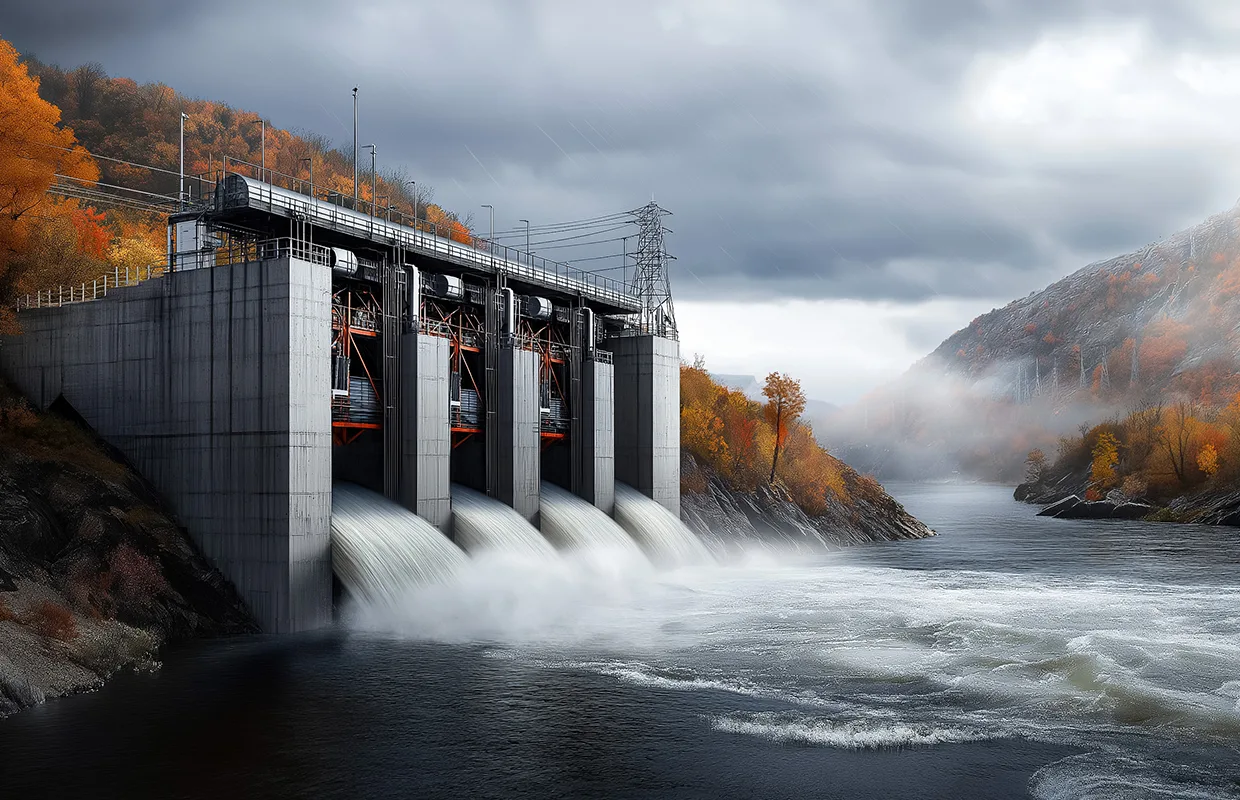Bhutan, the world’s only carbon-negative country, is on a mission to maintain this remarkable title as it makes strides in renewable energy and shapes its burgeoning ecotourism product.
POSITIVELY CARBON-NEGATIVE
A world leader in sustainability and environmental conservation, Bhutan has cultivated the impressive distinction of being the only carbon negative country on the planet, meaning it absorbs more carbon dioxide that it emits.
The country’s commitment to preserving its natural resources has been achieved through various means, including a constitutional requirement for 60 percent of the land to be covered by forestry, alongside a deep-rooted alignment with the UN’s Sustainable Development Goals.
Local communities are actively involved in ecotourism, with many building eco-lodges and leading conservation efforts. Education also plays a crucial role in promoting carbon negativity by integrating environmental awareness in the national curriculum from an early age.
The country is additionally working to conserve its local fish populations, with a recreational catch and release programme being developed around the golden mahseer – an endangered species revered by Tibetan Buddhists as one of eight auspicious symbols, representing luck and prosperity.
Elsewhere, organic farming initiatives have become integral to the country’s tourism offering, with the government implementing a National Organic Policy to phase out the use of synthetic chemical pesticides and fertilisers. Those that participate in organic farming will be able to actively contribute to this policy.

RENEWABLE REGENERATION
Renewable energy has been integral to Bhutan’s sustainability efforts, helping it to achieve both carbon negativity and energy independence by not only reducing its use of fossils fuels but also its reliance on them.
As the country is now almost entirely dependent on renewable energy, primarily hydropower, it is actively working to diversify its energy portfolio.
Indeed, hydropower today accounts for more than 90 percent of Bhutan’s energy supply, and the country has an estimated 36,900 megawatts (MW) in hydropower potential.
As such, solar energy has emerged as the most viable alternative to complement Bhutan’s hydropower reserves, whilst there is also potential to explore wind and biomass energy.
The Sephu Solar Project in the Wangdue Phodrang district is the country’s first utility-scale solar photovoltaic power plant with planned annual production of 25 gigawatt hours. Part-funded by the Government of Bhutan, the project seeks to build energy resilience.
Elsewhere, Tata Power – a major player in the Bhutanese energy sector – has recently partnered with Druk Green Power Corporation to develop approximately 500MW of solar projects, contributing to the nation’s clean energy goals.
As it continues to enhance its status as a carbon-negative nation, Bhutan is developing a green hydrogen roadmap, which seeks to further explore the potential of renewable hydrogen as it aims to achieve net zero emissions by 2050.
ECOTOURISM MODEL
Bhutan places great emphasis on sustainable tourism that prioritises both environmental protection and cultural preservation to ensure it continues to benefit local communities, rather than damage them, whilst contributing to GDP.
In line with its proud reputation as a deeply sustainable country, Bhutan aims to establish a comprehensive model for ecotourism.
To achieve this, it is actively promoting a ‘High Value, Low Volume’ tourism policy, which includes a daily tariff or tourist tax that contributes to and supports environmental conservation and socioeconomic development.
In addition, tours are generally guided by locals and all activities are designed to have minimal impact on the environment.
The Biodiversity Finance Initiative (BIOFIN), for example, is training certified river rafting instructors to run authorised tours whilst serving as protectors of Bhutan’s river ecosystems – improving waste management, preventing illegal fishing, and safeguarding endangered species.
Whilst visiting the country, travellers are encouraged to stay in eco-accommodations and lodgings, which are typically built using local materials and design elements, showcasing traditional Bhutanese architecture.
In keeping with Bhutan’s focus on cultural preservation, tourists can also learn about local culture through music and dance performances whilst staying at local accommodations, or by sampling dishes produced from local, organic ingredients.






























